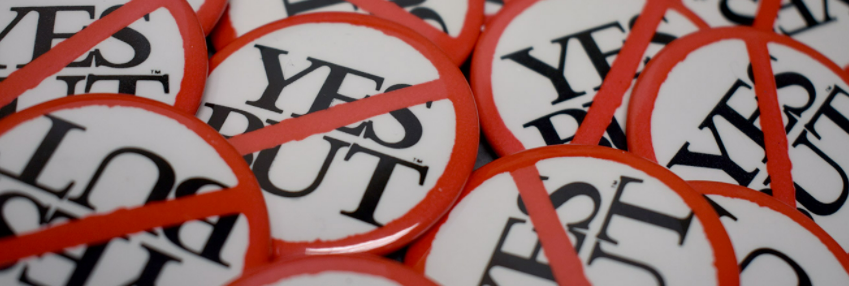Forness the Word vs. Forness the Meaning
The Fuss About Forness®
For every project we do, we teach our clients Forness® thinking. “Forness” is a made up word (we should know, we were the ones who made it up). But it is the best word to convey its important meaning.
Recently, as we were planning an upcoming project in Germany, we debated about how best to translate our made up word into other languages. Dafürsein, which means “to be in favor of it” was a possibility. But, then we realized, Forness® is more than just the letters strung together to form the word. It’s the meaning that has all the power.
In the past when working in other languages, we have always used “Forness®” in English, since it’s a trademarked term. We had some concerns about translating it to a word that clients already know, because that word will already have connotations for them, and it won’t mean what we intend. We should probably tell clients that the word means nothing to English speakers when they first hear it, either. It’s a completely made up word, so it’s new to everyone every time we train people.
ITG Chairman and Facilitator, Ed Harrington, offered up a possible solution. Instead of translating the word, should we consider translating its meaning: to look at an idea or thought and see what is good in it (what you are For), then think of ways to make it even better. As Ed put it, “What would this look like as a made up word in various languages? Are there places where it just wouldn’t translate or might be totally unacceptable or nonsensical?”
The thought intrigues us.

